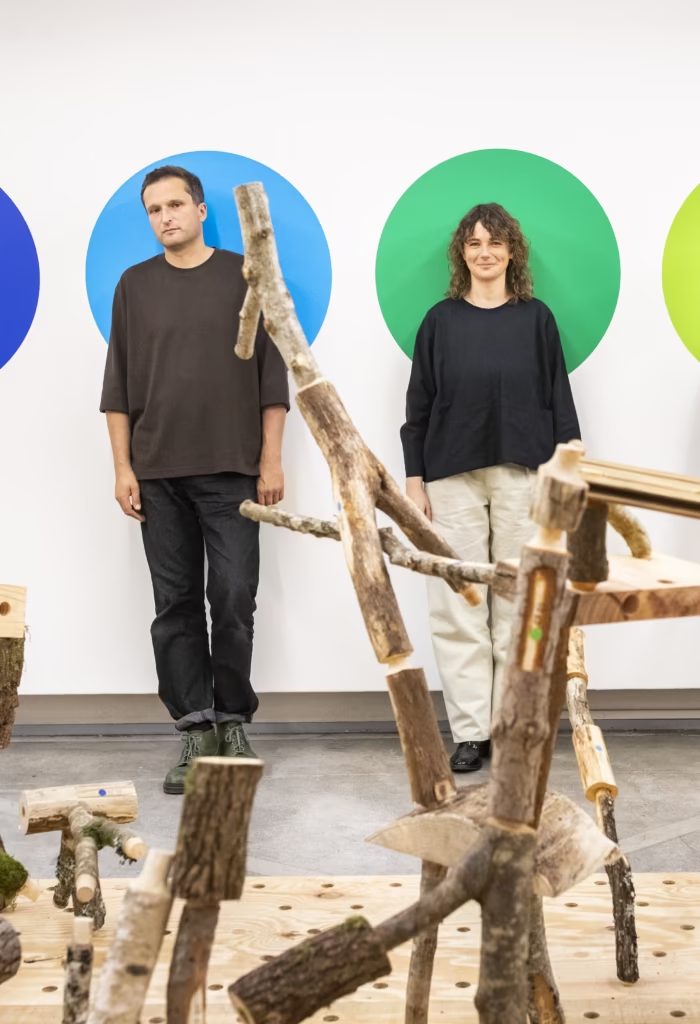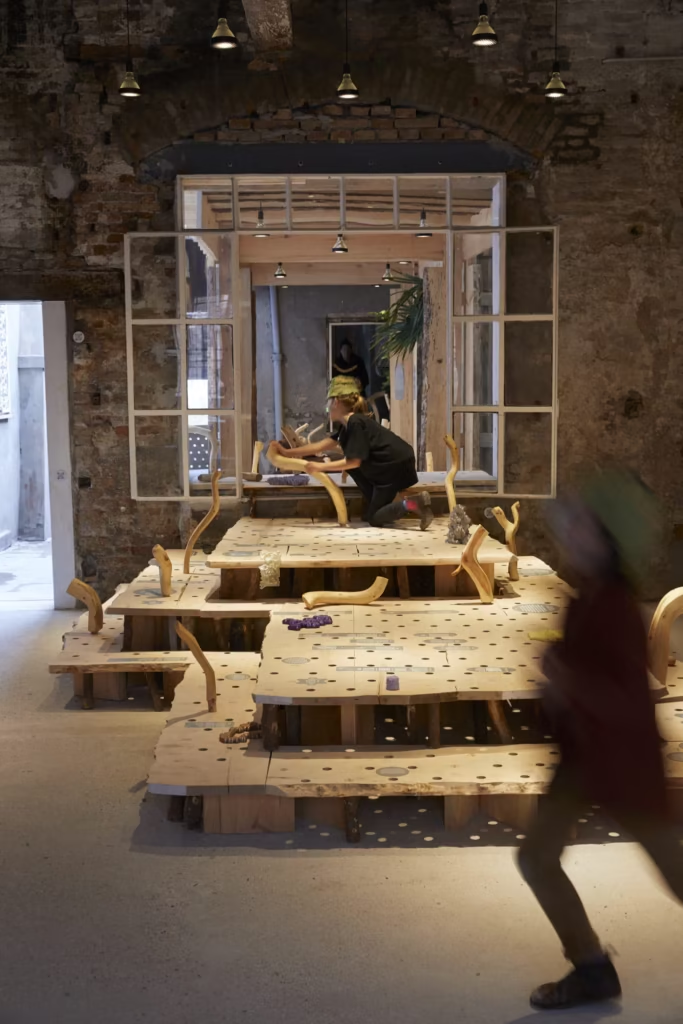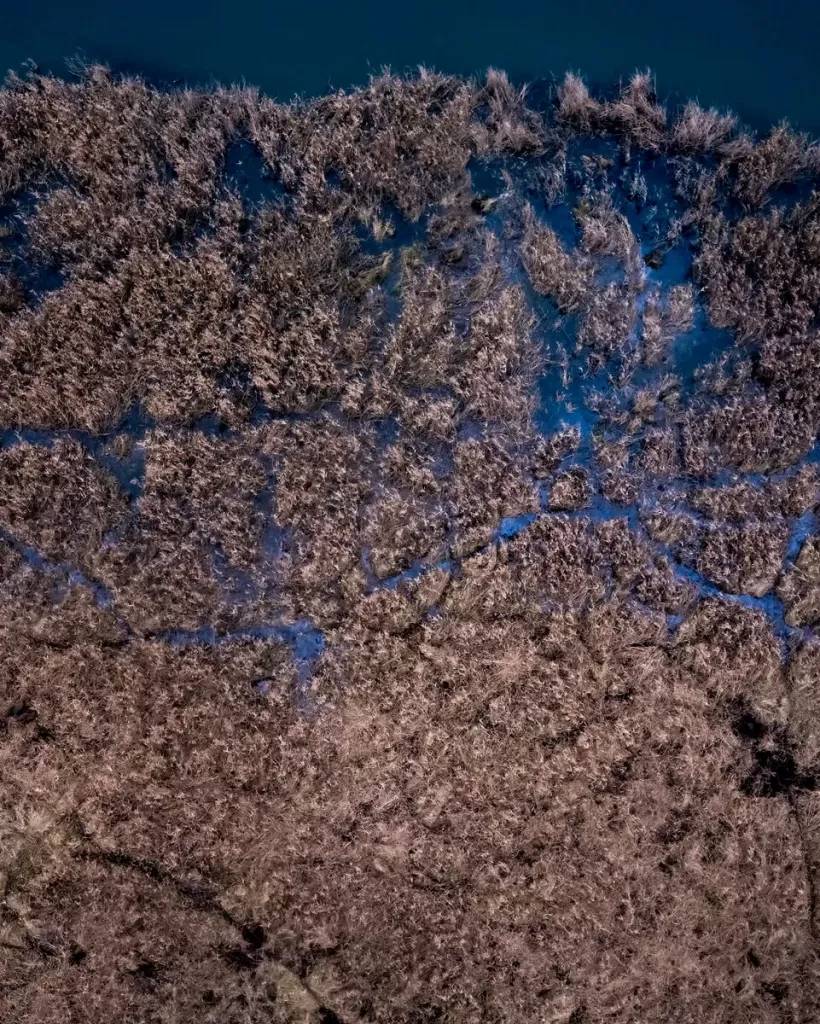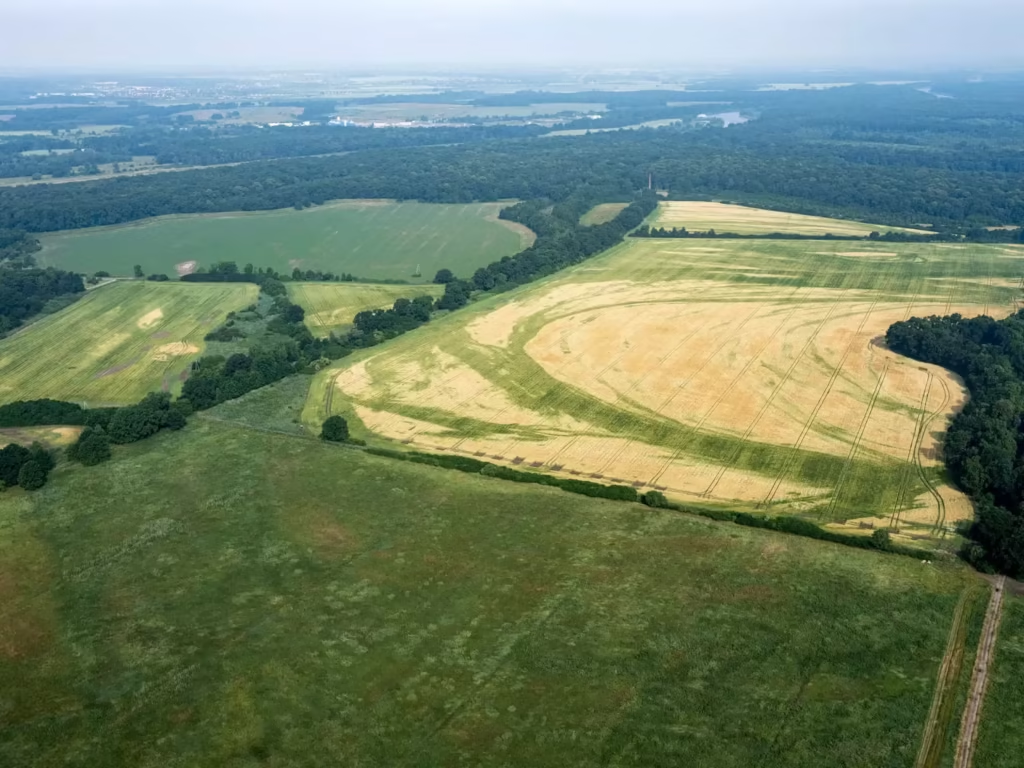BWA Europe 2025 Festival: a walk through former sewage treatment fields with Jurga Daubaraitė and Jonas Žukauskas
In July, we are hosting Jurga Daubaraitė and Jonas Žukauskas from the Neringa Forest Architecture collective. During their stay, they will explore former sewage treatment fields in Wrocław. On Saturday, 19 July, we invite you to join us for an intergenerational walk through the fields, during which you will learn about their practices and perspectives in the field of landscape work. The walk will be co-hosted by Katarzyna Roj.
Jurga Daubaraitė and Jonas Žukauskas are architects from Vilnius. Through projects and research, they create new relationships between society and the environment. They lead the Neringa Forest Architecture programme. They curated, among others, the Baltic Pavilion at the Venice Biennale in 2016. They co-curated the Lithuanian Children’s Forest Pavilion in 2023 and the New European Bauhaus Award-nominated exhibition in Bordeaux in 2024.


Working with landscape
The aim of the residency is to exchange experiences in working with landscape. Since 2020, we have been working in the former sewage treatment fields, a place with 123 years of history. We are interested in the continuity of infrastructure, the resilience of the landscape to anthropopressure and its ability to regenerate. We observe practices from around the world, especially those involving hybrid ecosystems. We are sure that the presence of Jurga Daubaraitė and Jonas Žukauskas will bring a new perspective to our institutional practice.
This is not a production-oriented residency, but an invitation to observe and be present together in the space of the fields, hence Jurga Daubaraitė and Jonas Žukauskas will also be accompanied by experts on this ecosystem. Of course, they will also learn about the institution’s programme and plans for the future, especially those related to the new venue of BWA Wrocław. At the end of the residency, on Saturday, 19 July at 12:00, we invite you to an intergenerational walk around the former sewage treatment fields, during which you will learn about their practice and perspective in the field of landscape work. The walk will be co-hosted by Katarzyna Roj, curator and programme director at BWA Wrocław.
The meeting point is Palmiarnia in the BWA Wrocław Główny gallery, and we will travel to the fields by train. Participation in the event is free of charge.
ACCESSIBILITY | Sensory information: scent stimuli, as nature is blooming and pollinating. Barriers: unstable ground, soft surface. The walk will be conducted in English and Polish. An English interpreter will accompany us. If you require a Polish Sign Language interpretation, please let us know when registering for the event.
REGISTRATION | Please register your interest using the form: Register for the event – BWA Wrocław. We are waiting for your registrations until 12:00 on Friday, 18 July. After this time, the form will remain open, but we will not be able to purchase train tickets for additional people or provide a Polish Sign Language interpreter.


Landscape of fields
The landscape of the fields has been transformed many times due to cultivation or sewage. Wetlands were created in this area as a result of the exposure of the fields precisely to sewage. Their layout reflects the former riverbed. After the Second World War, the sewage treatment fields were overloaded, which paradoxically allowed a biodiverse habitat to develop in the area. Since 2015, following this system’s closure, the site has been drying out and undergoing forest succession.
We are currently conducting walks, field research, interviews and interventions in the fields. We are inspired by the fields and their landscape when realising exhibitions and residencies. We also push for their legal protection. In this way, we bring together local creative, scientific and activist communities. We are creating a network of professionals and specialists. We collaborate with groups such as the Canti Spazializzati. We maintain an archive of maps and documentation. We also practice informal activities based on relationships and attachment to place.
The residency is part of the BWA Europe Festival, organised and co-financed by the National Centre for Culture and the University of the Commission of National Education in Kraków as part of the celebrations of the Polish Presidency of the Council of the European Union. The residency is supported by the Lithuanian Culture Institute.
